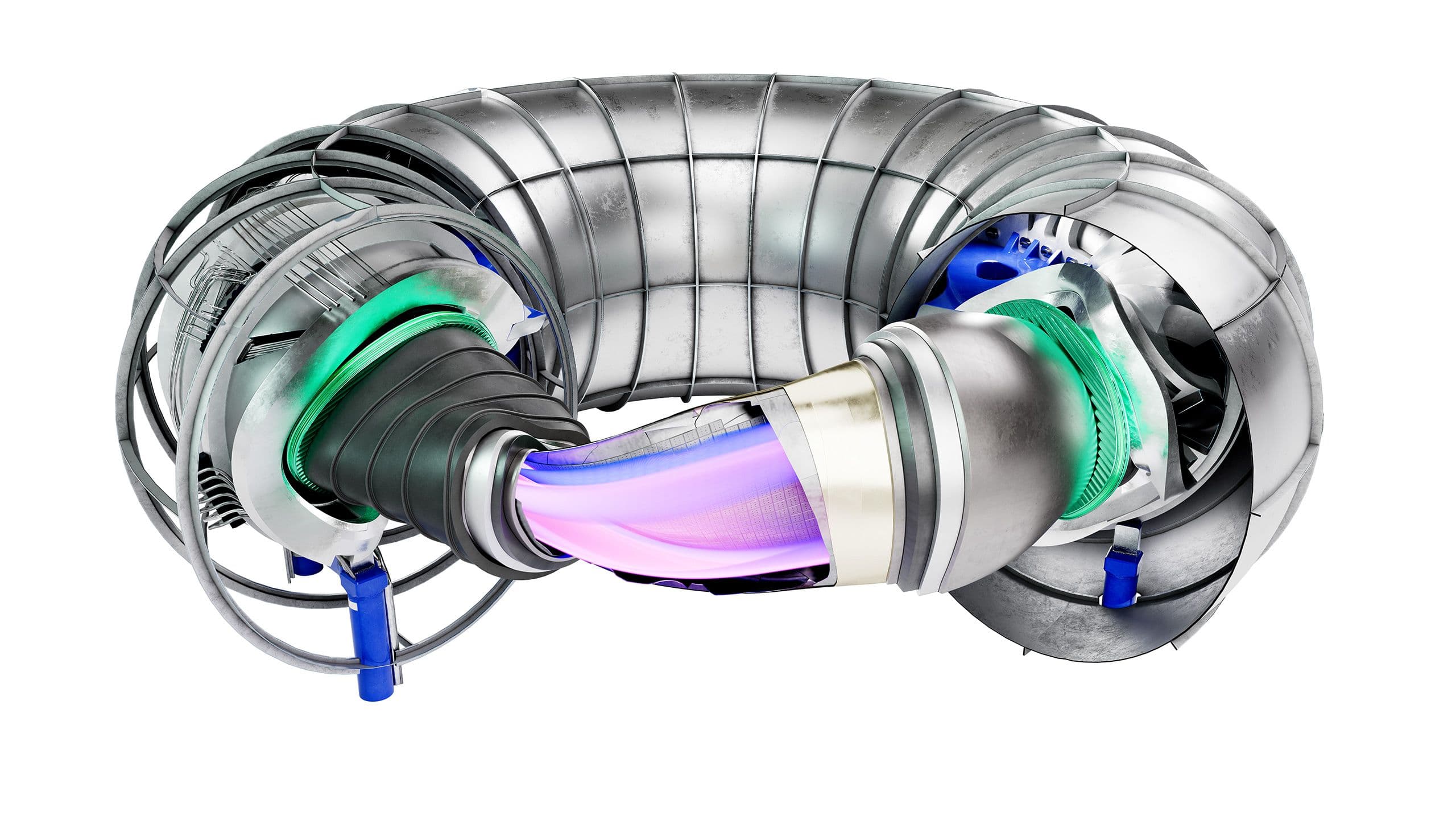Why we invested in The Exploration Company
by Khaled HeliouiThe past decade has been a challenging one for European sovereignty. We’ve become increasingly, and from our own making, dependent on other nations dictating the terms of our economic production, the price of the energy we use and even the defence of our borders.
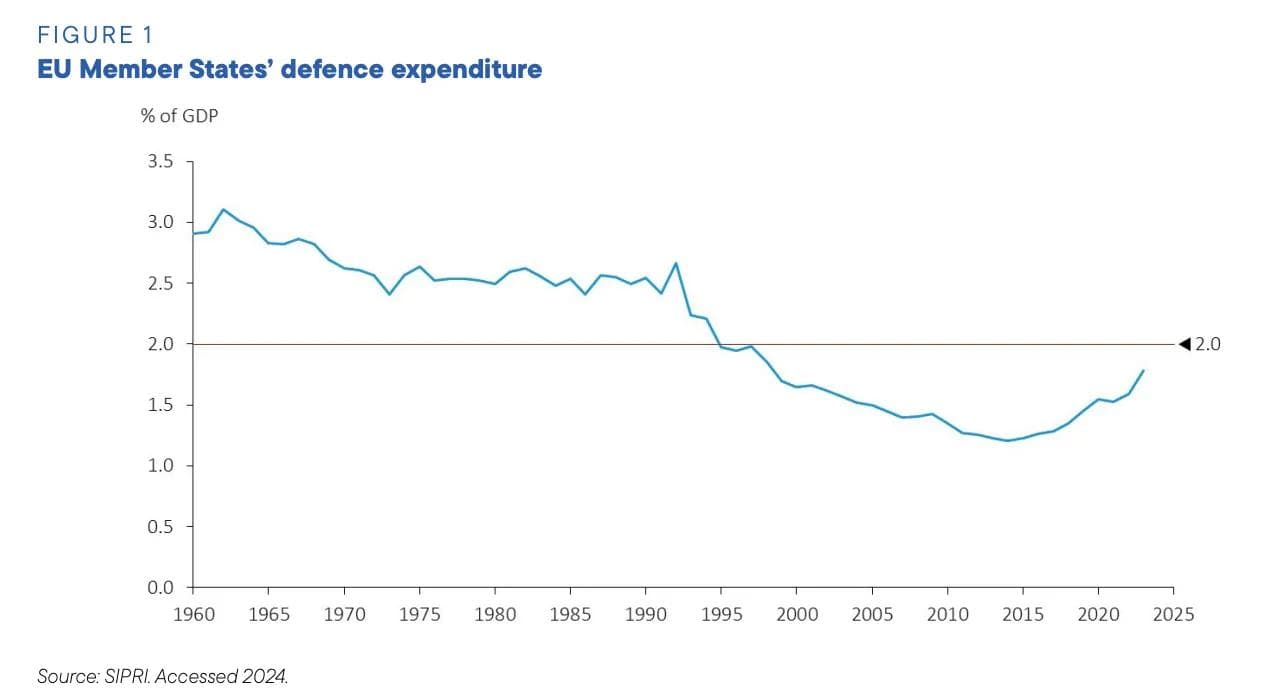
The problems stretch further back in time, with Europe falling behind in the last industrial cycle as we failed to show ambition by institutionally supporting driven entrepreneurs capable of creating the next generation of innovative and impactful companies.
Just take the semiconductor industry — which has created the breakout success story of the AI boom in the shape of NVIDIA joining the trillion-dollar company club — where Europe has progressively hamstrung itself. Today the continent holds less than 10% of the global chip market, down from around 40% in 1990, as we’ve failed to support R&D and entrepreneurial ambition in a critical technology where we boast a strong talent base.
This decline in innovation isn’t just bad for business, it has a wider cost in terms of Europe’s ability to set the course for its own future. One frontier industry where we cannot afford to fall behind further is space — an area that is becoming increasingly strategically important, from both an economic standpoint and in terms of our sovereignty.
We’ve seen how the founder spirit completely transformed the industry in the US, with SpaceX coming out of nowhere to become a $200bn+ company under Elon Musk’s leadership. NASA was able to recognise the need to work with & support a new player, not only incumbents, and private investors dared to meaningfully back a mission most found unreasonable. Europe needs to do the same, and The Exploration Company (TEC) is a European startup with all of the ambition, drive, discipline and industry know-how to spearhead the push to guarantee our sovereignty in space.
An urgent opportunity
Europe needs its own space capability and can’t be exclusively reliant on our allies and strategic partners to decide how and when we can launch our own technology into orbit. We are now not only lagging behind the U.S. but also India and Japan that unlike us have both landed at lunar surface.
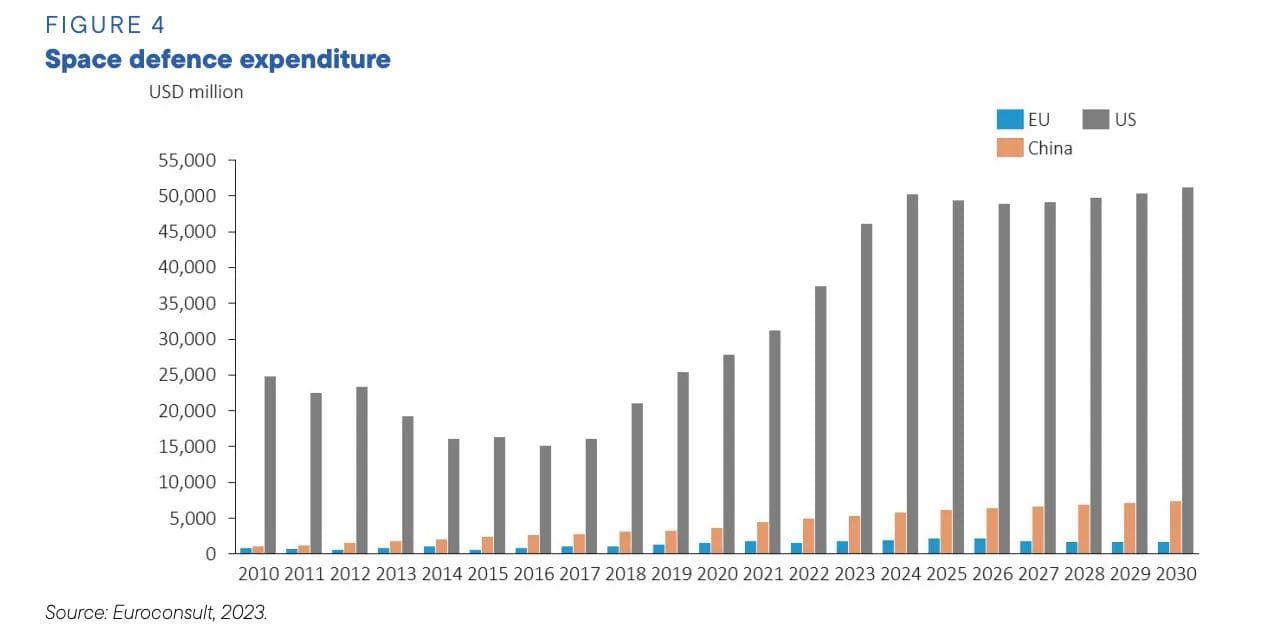
The cost of our lack of situational awareness and the limits of our capabilities in space were made evident in 2022 when, days before invading Ukraine, Russia launched an attack on satellites that were vital to communications in the region. European policy makers & defence officials are hopefully now aware that we can no longer be complacent about our critical orbital assets, and that we need to be able to launch our own technology to monitor and protect these systems.
They also know that now is the time to double down on an industry where we have the potential to be a genuine international leader. Over decades, Europe has invested billions of Euros into spacecraft, propulsion & cargo capabilities, producing a world class talent base and being the most important strategic partner to the US’s presence in space.
We need to capitalise on these strong foundations to actively help shape an industry that’s expected to grow from a value of $630bn in 2023 to $1.8tn in 2035. But participation remains conditioned by transport in the form of launch & cargo capabilities which remain the foundational strategic capabilities we need to ascertain. This also presents a massive global commercial opportunity due to the small number of proven commercial players in the field, with alone SpaceX viably capable of re-entry in the West, creating a supply constraint that translates into a two-year backlog for anyone wanting to launch payloads into space.
Now is the time to catalyse what we have built so far in Europe with the kind of innovation that comes from obstinate founders with a high propensity for risk, a visceral aversion for delays and an unreasonable vision they are ready to commit everything for.
A novel approach to spacecraft
With the time spent in defence through my involvement with Helsing and upon realizing the extent of our orbital fragility I have spent months meeting founders in the European space sector, and have found that there are two common tropes that hold them back.
Some have spent years working in the industry and, while they understand many of the administrative mazes of building capabilities in space, they often lack the entrepreneurial urgency of executing, first principle thinking to challenge traditional approaches to spacecraft and an unbending will & conviction to drive an industry forward. Others come from a more typical technology founder background and understand how to build a company at speed, but can be naive about the necessity & complexity of working with nation states, the intricacies of procurement and the importance of guaranteeing stringent safety standards.
In that sense, TEC founder and CEO Hélène Huby is uncommon amongst uncommon founders. She has more than a decade of experience working on space technologies for prime contractors like Airbus and ArianeGroup, leading the work behind Orion’s European Service Module, combined with a level of courage, grit and drive of an entrepreneur that is rare even by traditional tech standards.
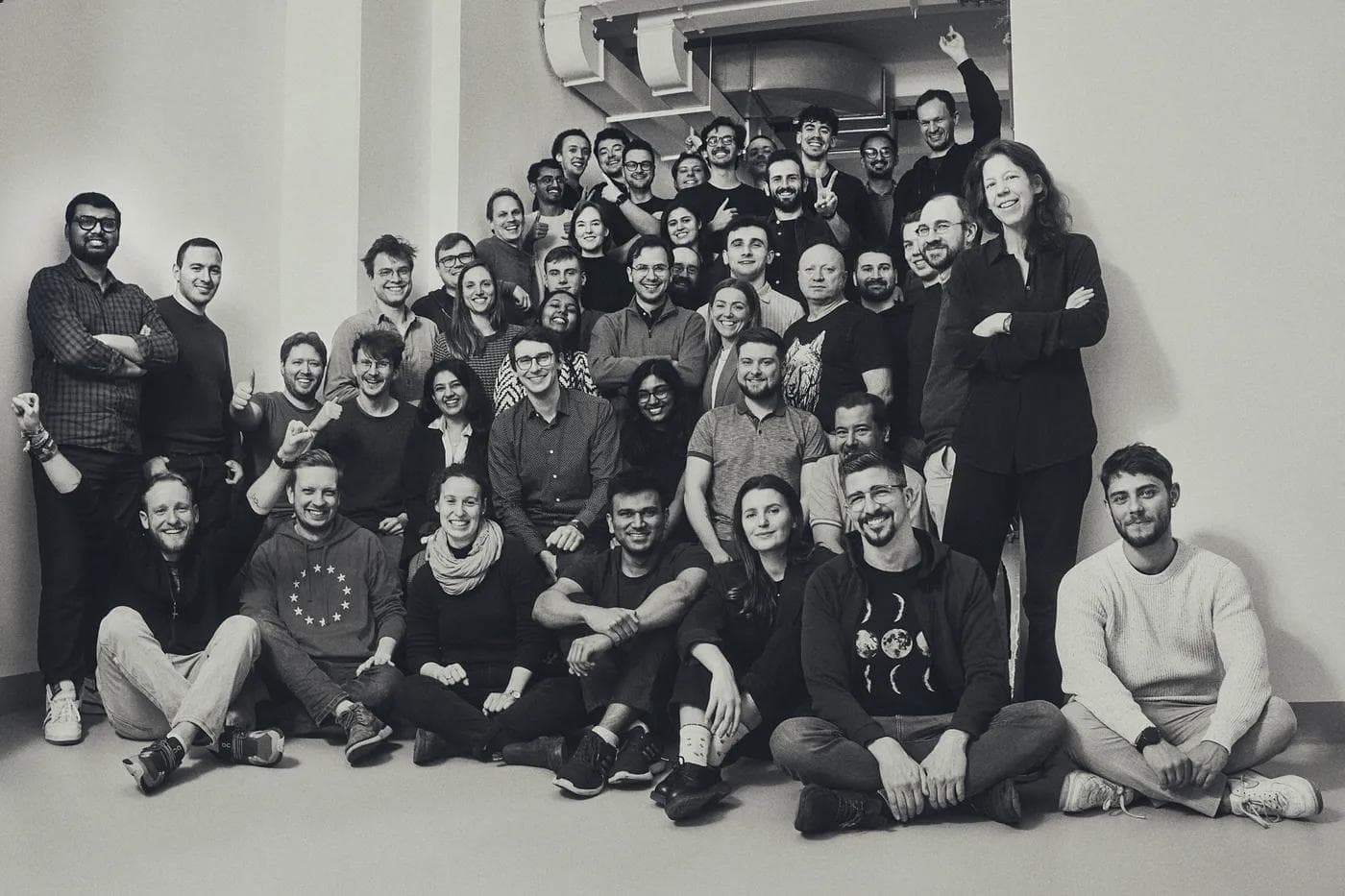
Since launching the company in 2021, she’s built one of most impressive & accomplished teams in the industry with proven executives tired of the status quo. They have built the first version of their NYX capsule that can deliver cargo and free-fly in low earth orbit with market leading pricing while aggressively working towards re-entry capability & thus reusability. They were also able to get a budget approved with the European Space Agency in less than 3 years, and not only win grants & contracts competing with established & better capitalised Primes but also establish strong commercial relationships with commercial space stations.
The company has already sent its first version of its capsule technology into space, aboard the French-built Ariane 6 launcher. These timelines are frankly heretic in the industry, and they’re a result of Hélène’s high standards of accountability and her deep conviction in her mission that she has to succeed for Europe’s sake. It is also testament to the caliber of talent present in Europe and what it can accomplish under a new form of leadership & governance.

A perfect investment constellation
TEC is a company that I believe is sitting on the kind of tinder box that you don’t see often as an investor. It’s operating in a huge market where demand for launches dramatically outstrips supply, in a region which has received decades-worth of institutional investment, in a political climate where policy-makers know they need to take urgent action if they want to safeguard our critical assets.
When you add in a founder who you believe can emulate the kind of value creation we’ve seen in commercialising space in the US, you have a near-perfect set of ingredients for success. TEC will have one of the safest docking technologies worldwide, as it will be certified by NASA, which in turn will provide Europe with the first brick enabling the inspection of its sovereign satellites in space and also protect them on site. Moreover, with its reusable capsule & in house technologies such as thermal protection, TEC will not only allow Europe to test on a regular basis re-entry hypersonic technologies (such as aircrafts & ballistic) but also unlock a raft of other opportunities beyond sovereignty and defence.
These will include new research — via microgravity conditions — for industries like pharma, better intelligence to mitigate emerging climate and bio risks, as well as the potential for resource extraction through extraterrestrial mining. Developing our own capabilities that are valuable to NASA will also allow Europe to act again as a strategic partner to the U.S. and participate in safeguarding democratic presence and ambition in space.
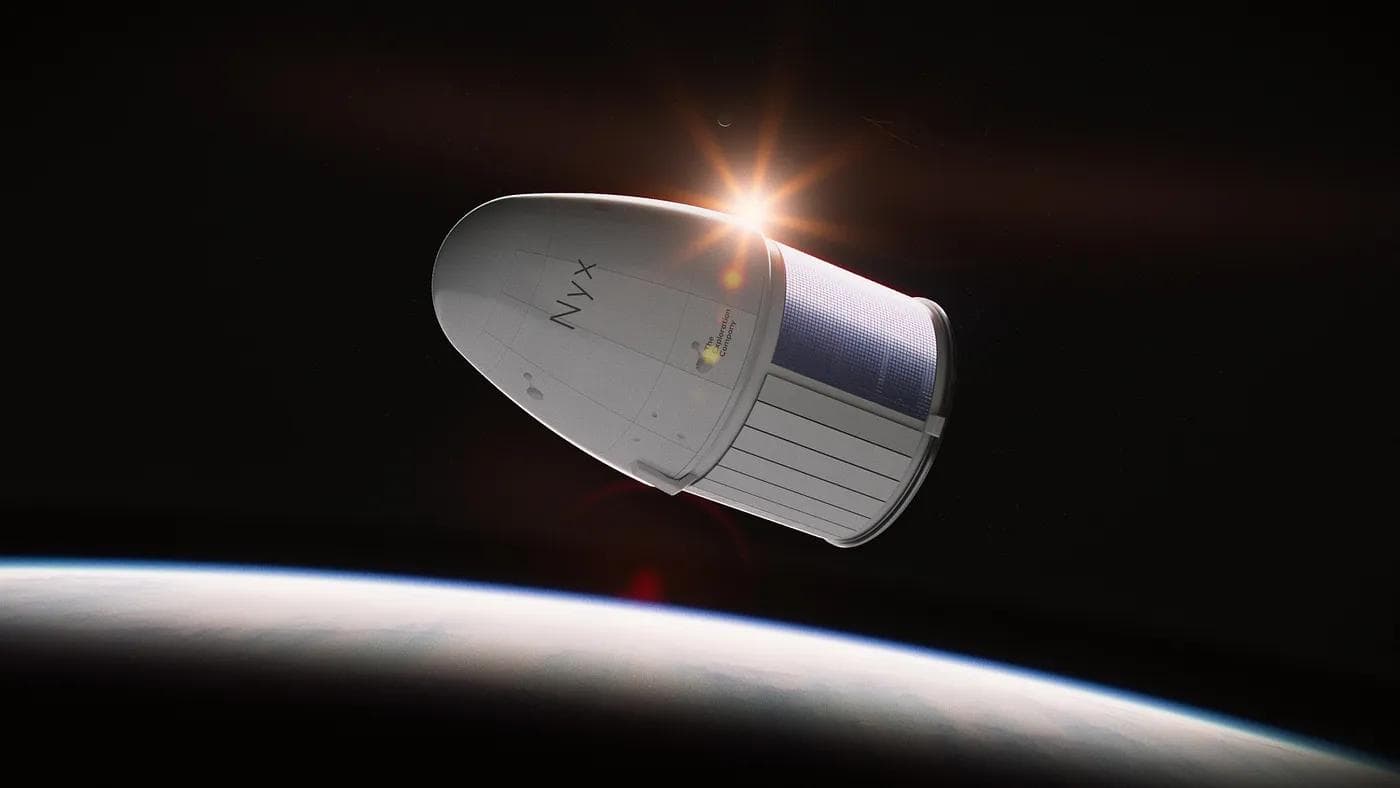
To help audacious founders like Hélène succeed, everyone from policy makers to the European Space Agency and national governments need to play their part, and investors are no exception. This is exactly the kind of mission & entrepreneurial endeavor we have started Plural for. This €150m investment into a three-year-old space startup sets a new precedent in Europe, the largest Series B in a space startup to date. It is sending a message to European founders working on hard problems that there is strategic capital out there to back you. It is also sending a message to policy makers & institutions that as private investors & entrepreneurs, we are ready to do our part to rebuild the foundations of growth & self determination in Europe.

